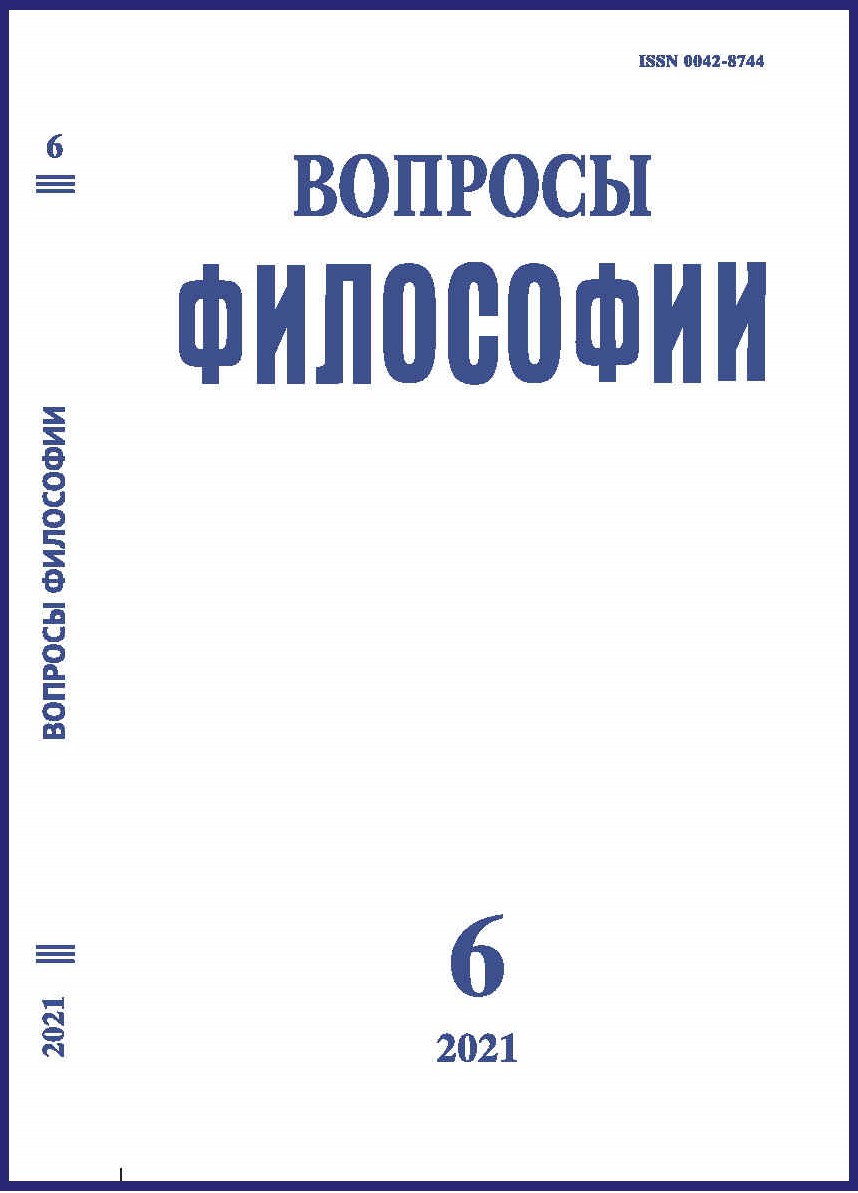The Phenomenology of “Nothingness” by Martin Heidegger and Jean-Paul Sartre
DOI:
https://doi.org/10.21146/0042-8744-2021-6-120-130Keywords:
Martin Heidegger, Jean-Paul Sartre, Jacques Lacan, existentialism, phenomenology, Nothingness, ontologyAbstract
This article is devoted to the analysis of the phenomenology “Nothingness” by Martin Heidegger and Jean-Paul Sartre. Through research of existential phenomenology, the article also touches on the topic of “mood” as philosophical intentionality. Various kinds of “moods”, such as faintness (Verstimmung), ennui (Langeweile), burden (Geworden), inquisitiveness (Neugier), care (Sorge) and conscience (Gewissen), by Martin Heidegger’s and nausea (la nausée), anxiety (l’anxiété), dizziness (le vertige) by Jean-Paul Sartre, is considered in the context of what they may matter in an ontological sense. The phenomenologically understood “mood” as a general intentionality towards something is connected with the way in which the existing is able to ask about its own self. In addition, the article forms the concept of the original ontological and phenomenological “incompleteness” of any existential experience. It is this incompleteness, this “always-still-not” that provides an existential opportunity to realize oneself not only thrown into the world, but also different from the general flow of being. This “elusive emptiness” is interpreted in the article in accordance with the psychoanalytic category of “real” (Jacques Lacan).

